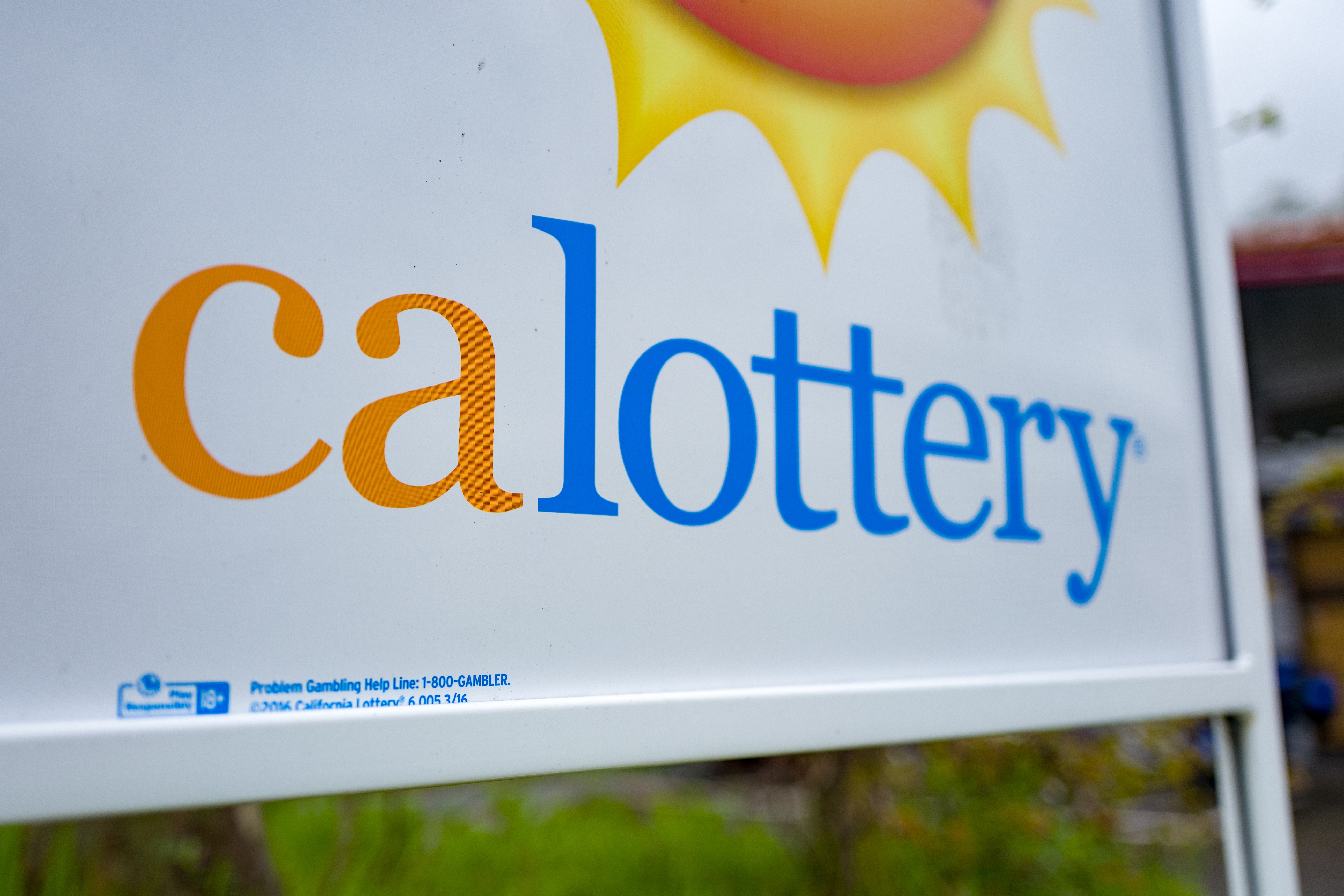The unforeseen consequences of COVID-19 felt like a gut punch to Old Town's Casa De Freds restaurant, but now its owners and employees are bracing for what they fear could be a knockout blow this November: Proposition 15.
"I wouldn't say I'm hopeless, but it takes some of my hope away and makes you wonder how long can we keep doing business in California?" said Steve Blasingham, Casa De Freds co-owner.
Proposition 15, theTax on Commercial and Industrial Properties for Education and Local Government Funding initiative, wouldn't directly impact Casa De Freds, but the indirect consequences could be crippling for the restaurant and other businesses according to Blasingham.
Proposition 15 would raise property taxes on certain commercial and industrial properties by requiring them to be taxed based on market value rather than their purchase price, creating an estimated $6.5 to $11.5 billion for schools and local governments, according to the state's Legislative Analyst's Office.
The measure would undo part of Proposition 13, California's landmark 1978 tax cut which capped property taxes and limited their annual reassessments.
Under Prop 15 homes wouldn't be impacted but owners of commercial and industrial properties with combined values of $3 million or more, would see their property taxes raised to current day levels.
"Corporations have been able to use this loophole to avoid paying their fair share of taxes for things we all depend on" said Andrea Guerrero, exective director of Alliance San Diego.
Local
More than 90% of the revenue from Prop 15 would come from only 10% of the businesses or corporations in California, according to Guerrero.
"We're talking about a handful of the biggest corporations, the biggest properties that have been avoiding paying their fair share for four decades to the detriment of the schools and communities around them," said Guerrero.
But, opponents of Prop 15, including San Diego County Recorder, Assessor, and Clerk Ernie Dronenburg warn of much broader consequences.
"It will affect all small businesses to a great extent and some very very significantly," said Dronenburg.
Dronenburg said half of all commercial properties in San Diego County are valued at $3 million or more, so there are a lot of properties that will fall under the Prop 15 umbrella.
Dronenburg said these property owners will pass the tax increases down to renters because of standard commercial leases which typically require the tenant, not the landlord, pay for any increases in property taxes.
"It's the wrong thought at the wrong time, businesses are trying to survive, they don't need this" said Dronenburg.
Blasingham said Prop 15 would likely raise his landlord's property taxes by at least $35,000 a year and Casa De Freds would be on the hook for most of it.
In an industry of thin margins, Blasingham doesn't believe he would be able to absorb the financial hit of Prop 15 without making tough decisions impacting his workforce and customers.
"You raise your prices and you cut your labor. Well, cutting your labor means you have less people working for you, which means less people making a living, which means people working less hours as well, so they need 2 or 3 jobs, it just spirals out of control," said Blasingham.
While Prop 15 doesn't affect residential real estate, opponents say it could open the door to future legislation which would impact property taxes for homes and apartments.
Supporters of Prop 15 say residential real estate is not on the table and those are just scare tactics by the opposition.



